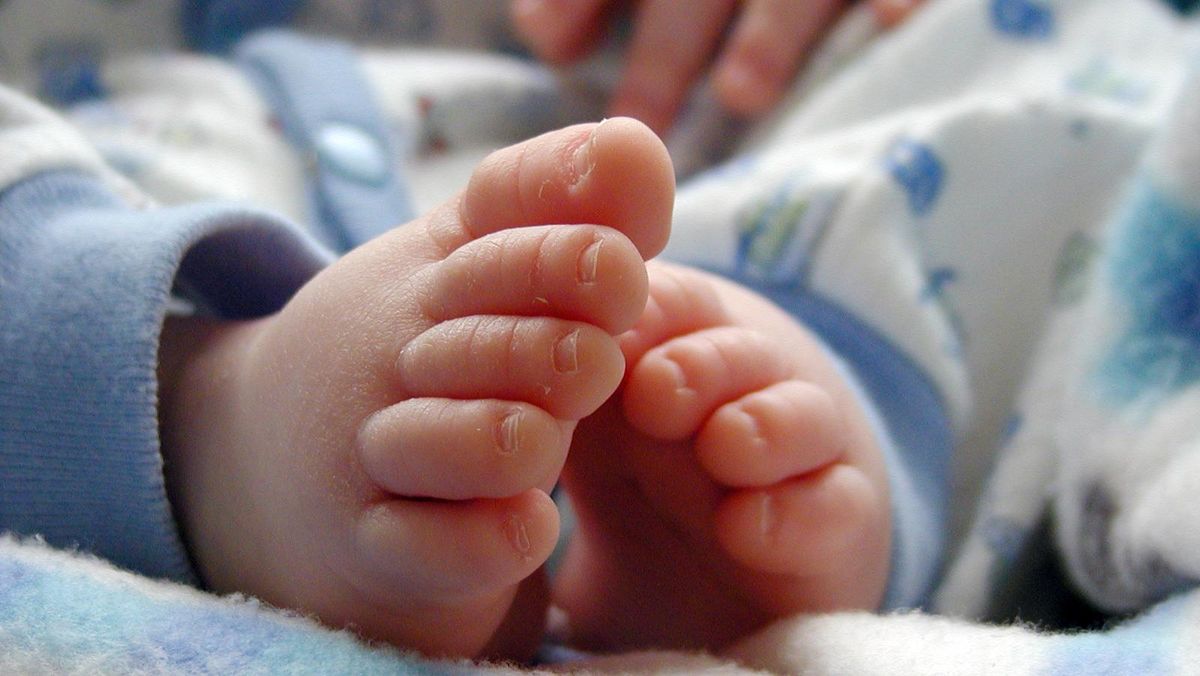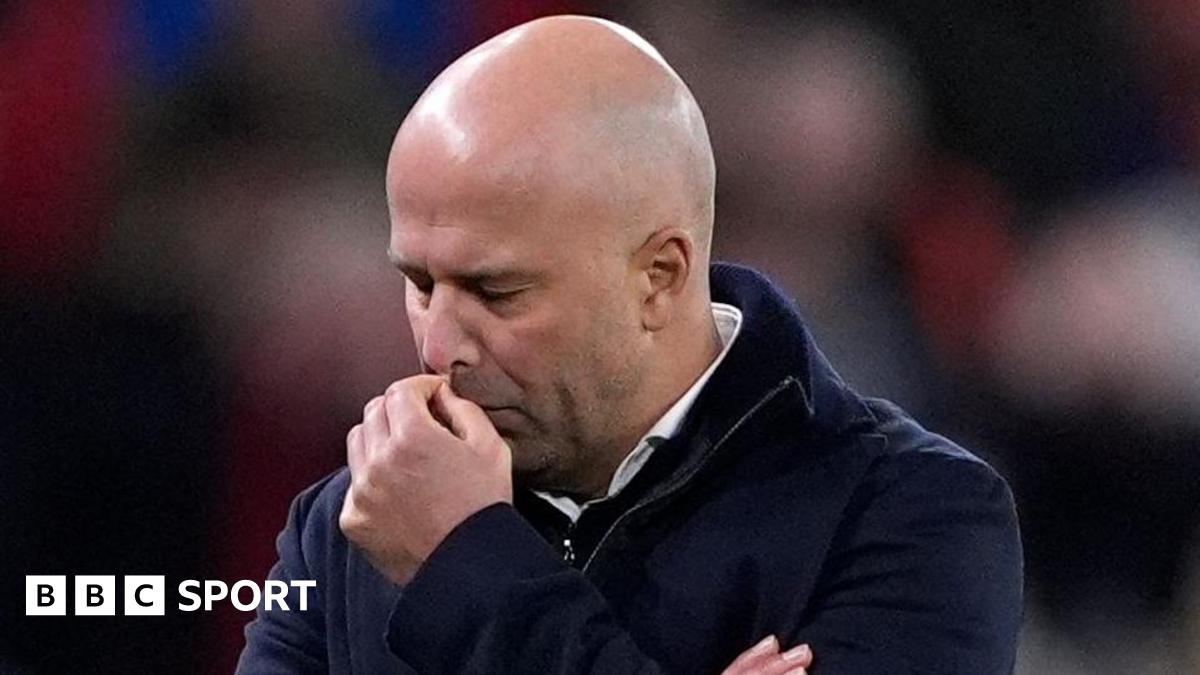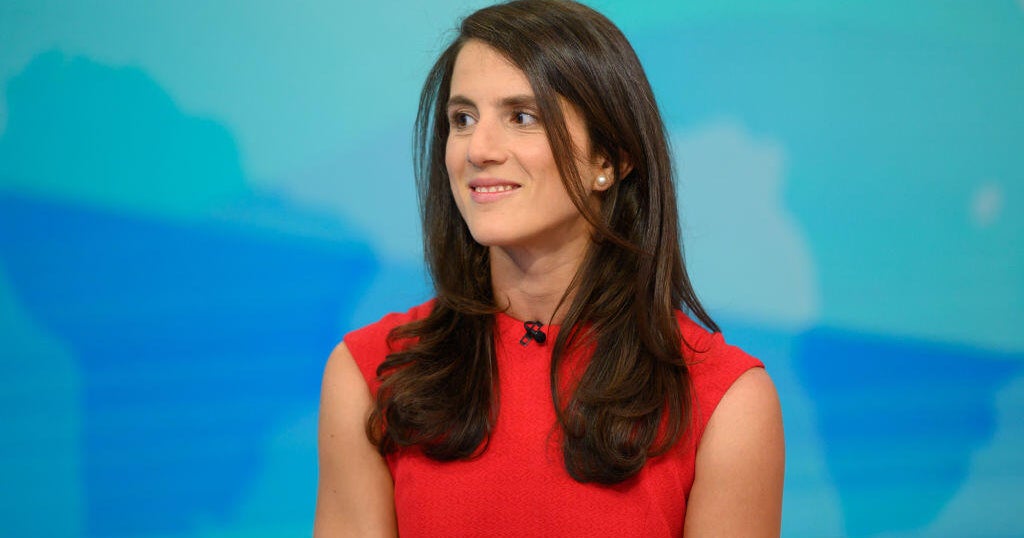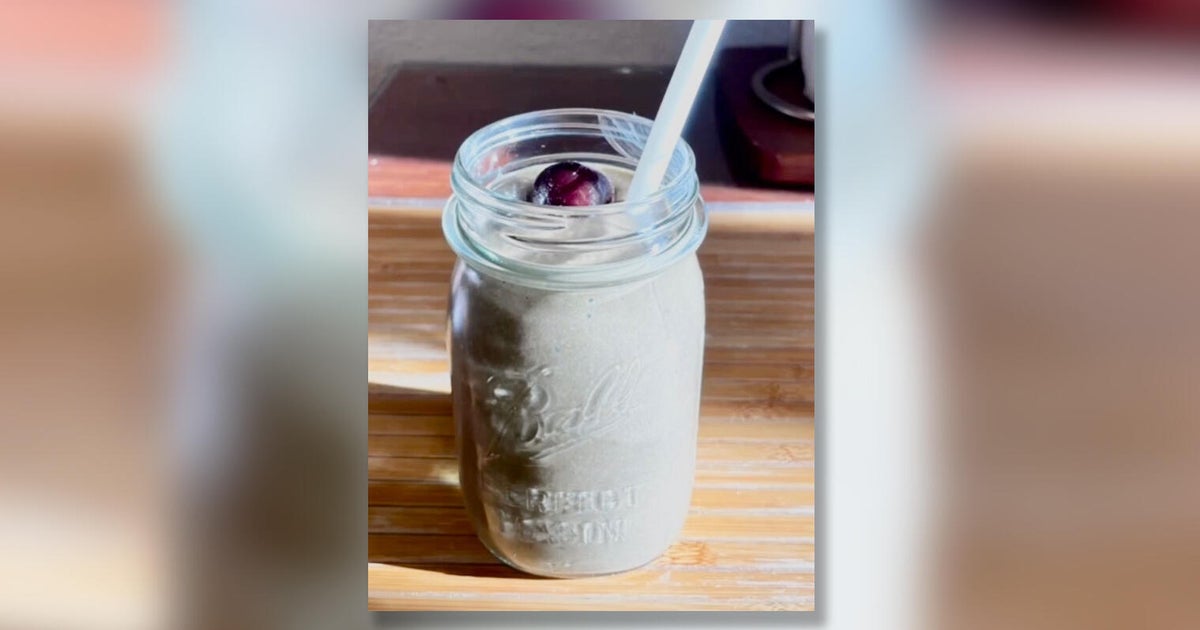Hundreds visited these drug checking sites, but a review into them will stay secret
About one in 10 samples tested by Queensland’s first permanent pill testing sites contained drugs people were not expecting or wanting to find, a report from the organisation running the sites has revealed.
The data formed part of an evaluation report published by The Loop on Thursday, after the state government again refused to make public the findings of an independent, taxpayer-funded study.
The Loop’s evaluation found nearly 700 visitors to the CheQpoint sites at Bowen Hills and Burleigh Heads, which operated for a few hours, one day a week, for about a year before they were defunded by the new LNP government and closed in April.

Brisbane’s first and only permanent pill testing site closed in April after being defunded by the LNP government. Credit: Courtney Kruk
About 600 of these were presentations for drug testing, including 444 from Brisbane.
The former Labor government launched the pill testing initiative promising there would be an independent University of Queensland evaluation of the service after 12 months.
Loading
The study was completed and submitted at the end of March. But despite pressure from advocates and health officials, the state government has not made it public.
The Loop Australia, the not-for-profit organisation that delivered the service, said a formal Right to Information request lodged in June had been denied on the grounds the evaluation would be considered by cabinet, effectively keeping the findings secret.
A spokeswoman for Health and Ambulance Services Minister Tim Nicholls confirmed the report was before cabinet.
She said “the Crisafulli government has made its policy on pill testing very clear”, adding “there is no safe way to take drugs”.
The Loop chief executive Cameron Francis said their evaluation proved the pill testing service “saved lives, reduced harm, and linked people into vital health supports”.
“We connect with people who have previously been reluctant to engage with the health system,” he said.
“Without drug checking in place, I know that we’ll see increases in overdose deaths in the community.”
A total of 1200 samples of psychoactive drugs and steroids were tested. About 10 per cent of samples containing drugs people were not expecting or wanting to find, including counterfeit drugs such as nitazenes – a potent and potentially lethal synthetic opioid for which statewide drug alerts were issued. A total of 10 public alerts were issued about dangerous substances.
According to The Loop’s findings, about half of all clients had never spoken to a health worker about alcohol or drug use before, which Francis said reinforced the importance of the service.
Loading
AMA Queensland president Dr Nick Yim said the service allowed people to have informed discussion with health care providers about what options, including treatment pathways, were available to them and called on the state government to “reinstate this evidence-backed service”.
Geoff Davey, chief executive of drug-user advocacy organisation QuIHN, described CheQpoint as “a proven, effective public health intervention” and said a third of people who used the service changed their behaviour after receiving credible information.
“When people have access to trusted information, they make safer choices and that is the real power of drug checking,” he said.
Francis said they continued to call on the LNP to release the UQ report, which contained interviews with service users, staff and stakeholders that were not part of The Loop’s evaluation.
Start the day with a summary of the day’s most important and interesting stories, analysis and insights. Sign up for our Morning Edition newsletter.
Most Viewed in National
Loading


















































